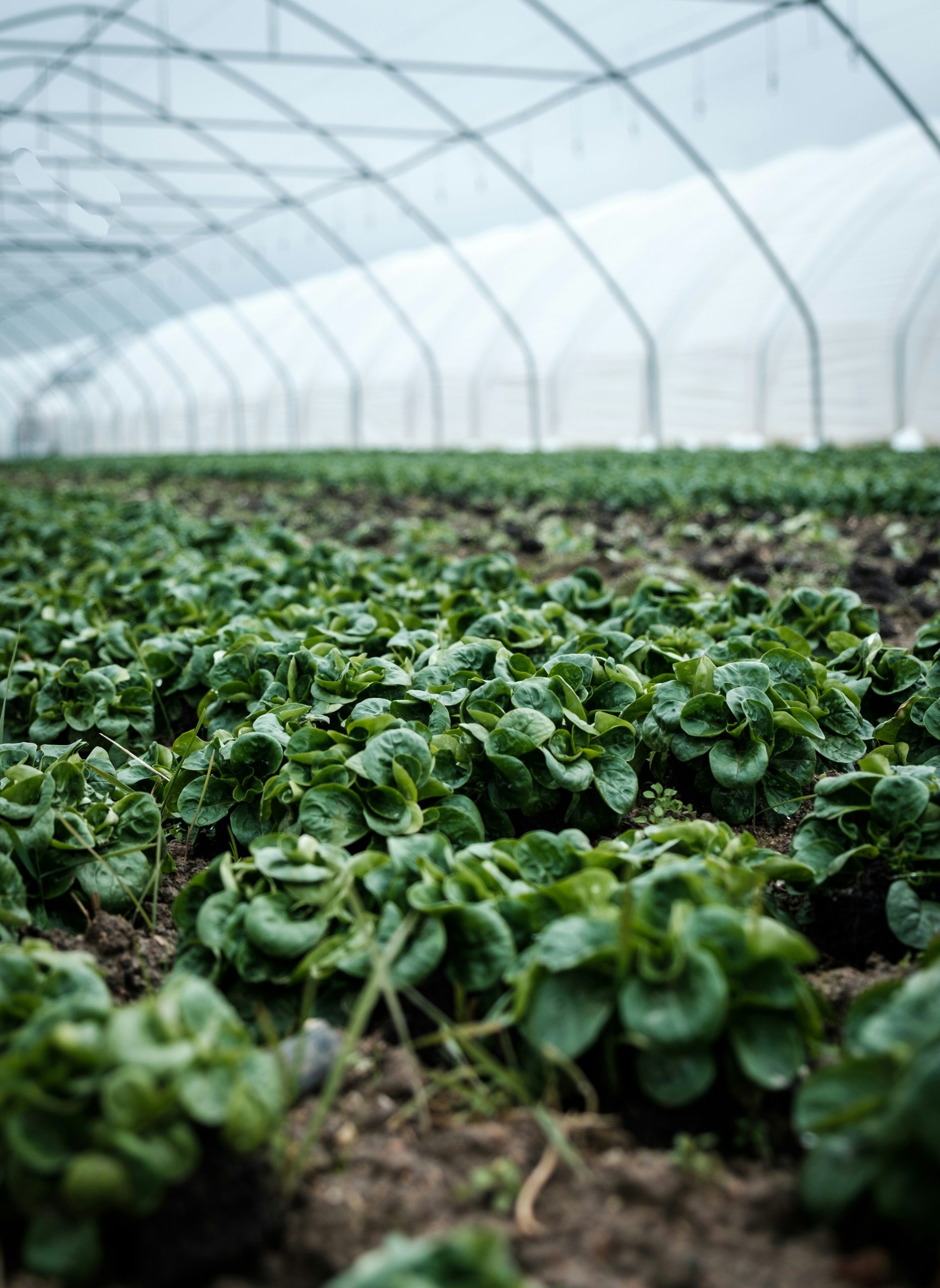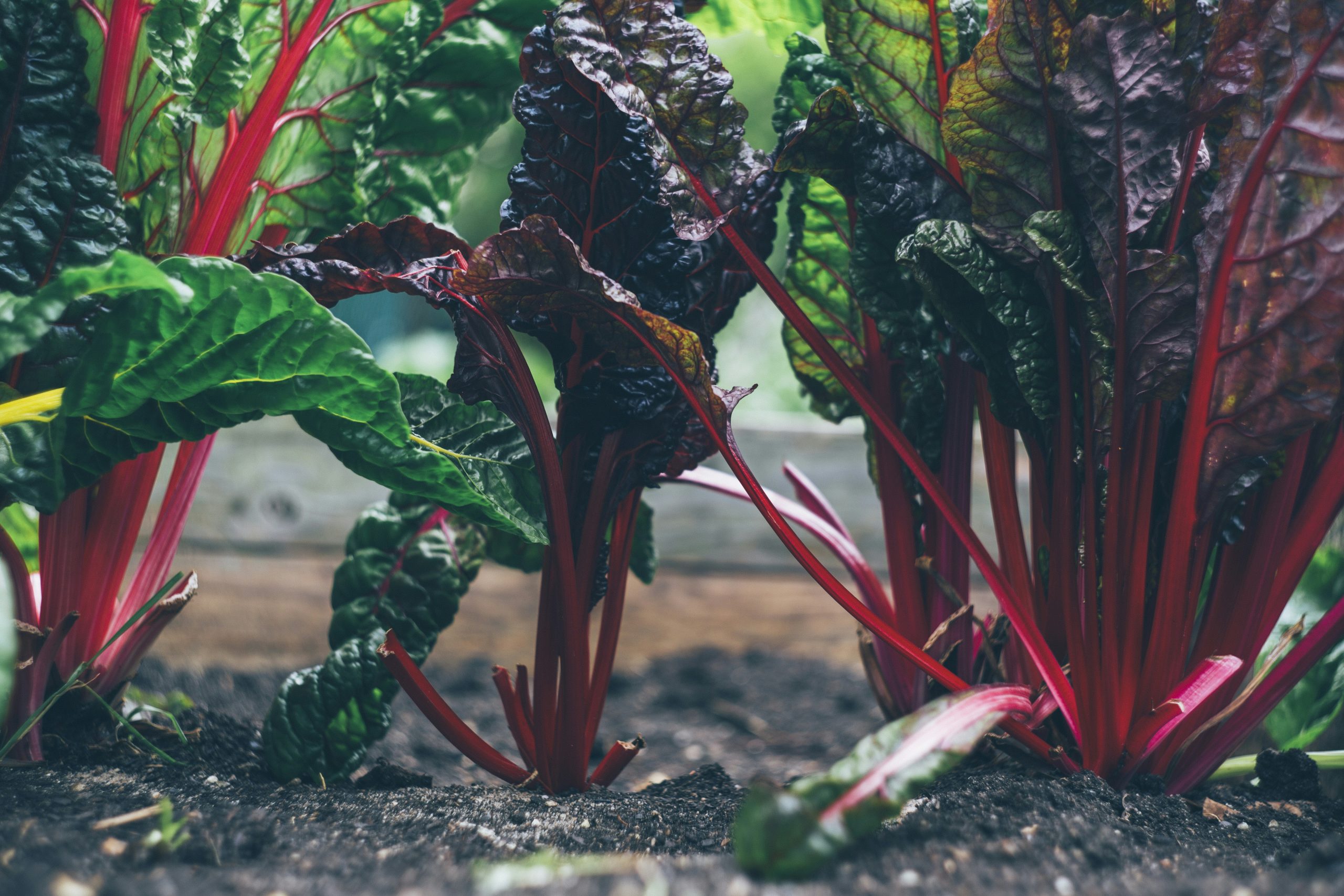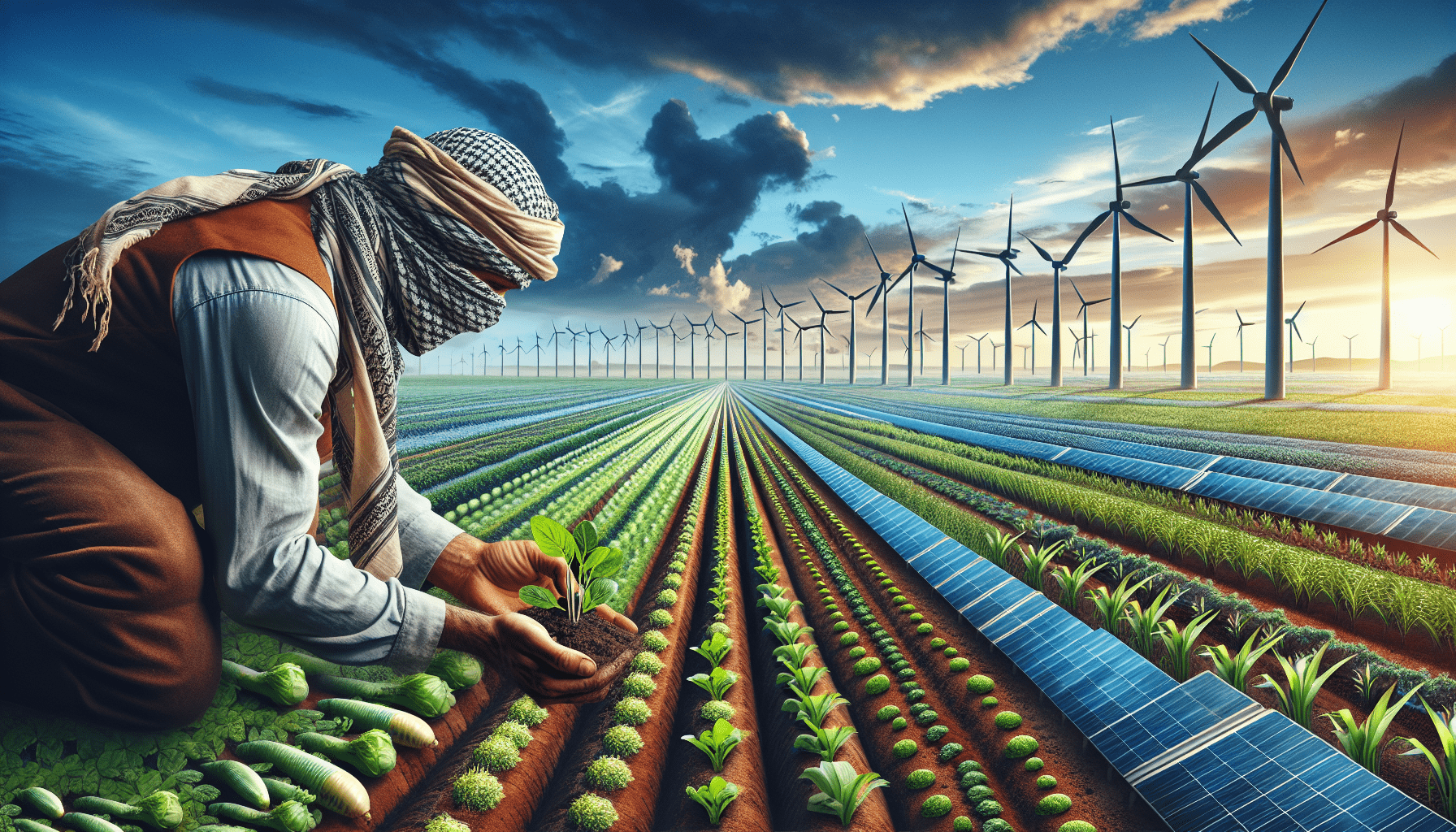In today’s world, as we strive to make choices that protect our planet, understanding the impact of sustainable food production on the environment is crucial. Through our exploration, we uncover how sustainable practices in agriculture not only conserve natural resources but also enhance biodiversity and reduce pollution. By adopting methods like crop rotation, organic farming, and reduced pesticide use, we can significantly lessen our ecological footprint. Together, we can champion these practices to ensure a healthier planet for future generations. Have we ever stopped to think about how our food choices impact the environment? Considering the planet’s growing population and the increasing demand for food, it’s crucial to understand the effects of our food production methods. In particular, let’s explore sustainable food production and how it plays a significant role in ensuring our environmental footprint is minimized.

What Is Sustainable Food Production?
Sustainable food production involves growing, harvesting, and processing food in ways that do not harm the environment, support fair treatment and wages for workers, and ensure food availability for future generations. It takes into account the entire lifecycle of food production from farm to fork, emphasizing eco-friendly practices that foster balance within ecosystems.
Principles of Sustainable Food Production
Let’s delve into some core principles that guide sustainable food production:
- Resource Efficiency: Utilizing natural resources such as water and soil with utmost efficiency.
- Biodiversity: Protecting a wide variety of species and genetic diversity in plants and animals.
- Economic Viability: Ensuring that farming is profitable and supports the livelihoods of farmers and their communities.
- Social Equity: Providing fair wages, safe working conditions, and accessible food for all.
Each of these principles highlights a fundamental pillar that supports the broader framework of sustainability in food systems.
Environmental Impacts of Traditional Food Production
Traditionally, food production has been resource-intensive, often leading to several negative environmental impacts.
Depletion of Natural Resources
Practices such as monocropping and intensive farming deplete soil nutrients and increase reliance on chemical fertilizers and pesticides, further degrading soil health. Overuse of water resources, especially in arid regions, leads to water scarcity—affecting not just agriculture but also communities.
Greenhouse Gas Emissions
The traditional food production sector is a significant contributor to greenhouse gases, notably methane from livestock and carbon dioxide from machinery and food transportation. According to a Food and Agriculture Organization (FAO) report, agriculture, forestry, and other land uses accounted for 21% of global greenhouse gas emissions in 2010.
Biodiversity Loss
Habitat destruction for agricultural expansion leads to the loss of biodiversity. Deforestation for crop production and livestock grazing results in the disappearance of numerous plant and animal species, disrupting the balance of ecosystems.
Table: Environmental Impacts of Traditional Food Production
| Environmental Impact | Cause |
|---|---|
| Resource Depletion | Intensive farming, monocropping |
| Greenhouse Gas Emissions | Methane from livestock, CO2 from machinery |
| Biodiversity Loss | Deforestation, habitat destruction |
Positive Environmental Impacts of Sustainable Food Production
Switching to sustainable food production practices can address many of these environmental challenges, leading to positive changes.
Soil Health and Conservation
Sustainable farming techniques such as crop rotation, cover cropping, and reduced tillage help maintain and enrich soil health. These practices improve soil structure, enhance water retention, and reduce erosion, thereby supporting more resilient and productive agricultural systems.
Reduced Carbon Footprint
Sustainable food systems emphasize reducing greenhouse gas emissions. Utilizing renewable energy sources, optimizing supply chains, and promoting plant-based diets can significantly lower the carbon footprint associated with food production and consumption.
Preservation of Biodiversity
By prioritizing biodiversity, sustainable food production supports diverse ecosystems. Practices such as agroforestry and polyculture contribute to habitat restoration and encourage the conservation of various species. This balance ensures that ecosystems remain resilient and capable of recovering from environmental shocks.
Table: Benefits of Sustainable Food Production
| Benefit | Sustainable Practice |
|---|---|
| Improved Soil Health | Crop rotation, cover cropping |
| Reduced Carbon Footprint | Renewable energy, optimized supply chains |
| Biodiversity Preservation | Agroforestry, polyculture |
Case Studies of Sustainable Practices
Organic Farming
Organic farming avoids the use of synthetic fertilizers and pesticides, focusing on natural alternatives to manage pests and enhance soil fertility. Farmers use compost and green manure to enrich the soil, benefiting both the environment and consumers who seek chemical-free produce.
Permaculture
Permaculture is a design philosophy that integrates land, resources, people, and the environment through mutually beneficial synergies. It views agricultural systems as ecosystems and employs practices like no-dig gardening, natural pest control, and rainwater harvesting.
Urban Agriculture
As cities grow, urban agriculture presents a sustainable means of producing food locally. Rooftop gardens, community gardens, and vertical farming reduce the need for long supply chains, decrease urban heat islands, and promote local food security.

The Role of Technology in Sustainable Food Production
Precision Agriculture
Precision agriculture uses technology such as GPS, sensors, and drones to monitor and manage crop health, soil conditions, and irrigation with high accuracy. This ensures that resources are used efficiently, minimizing waste and environmental impact.
Genetic Modification
While controversial, genetic modification can play a role in sustainability by creating crops that are more resistant to pests, diseases, and extreme weather conditions. This could potentially reduce the need for chemical inputs and improve yields in challenging environments.
Blockchain for Transparency
Blockchain technology offers a way to track and verify the sustainability credentials of food products. It promotes transparency across the supply chain, allowing consumers to make informed choices about the sustainability of their food purchases.
Challenges in Implementing Sustainable Food Production
Economic Barriers
Transitioning to sustainable practices can be costly, requiring significant investment in new technologies, equipment, and training. This financial burden can be a deterrent for small-scale farmers with limited resources.
Policy and Regulatory Hurdles
Inconsistent policies and regulations can hinder the adoption of sustainable practices. Supportive policies are essential to provide incentives and frameworks that encourage sustainable food production while holding businesses accountable.
Consumer Awareness and Demand
Raising awareness about the importance of sustainable food systems is crucial. Consumers’ buying choices significantly influence market trends. Increasing demand for sustainable products can drive larger-scale adoption of eco-friendly practices across the food industry.

Steps We Can Take to Support Sustainable Food Production
Everyone, from policymakers to consumers, plays a role in supporting sustainable food production.
For Consumers
- Buy Local and Seasonal: Supporting local farmers reduces transportation emissions and supports local economies.
- Choose Organic and Fair-Trade Products: These certifications often align with sustainable practices.
- Reduce Food Waste: Plan meals, utilize leftovers, and compost organic waste.
For Policymakers
- Incentivize Sustainable Practices: Provide grants and subsidies for farmers adopting sustainable methods.
- Develop Comprehensive Policies: Ensure regulations that promote sustainability and prevent harmful practices.
- Support Research and Development: Fund research into innovative sustainable farming technologies and methods.
For Farmers
- Adopt Sustainable Techniques: Implement crop rotation, water conservation, and integrated pest management.
- Engage in Knowledge Sharing: Participate in networks and training opportunities to stay updated on best practices.
- Certify Your Produce: Work towards certifications that reflect sustainable practices, adding value to your produce.
Conclusion
Sustainable food production offers a pathway to mitigate many of the environmental challenges posed by traditional farming methods. By emphasizing resource efficiency, biodiversity, economic viability, and social equity, we can create a food system that is both ecologically sound and beneficial for all. Our choices matter, and by supporting sustainable practices, we contribute to a healthier planet and just food systems for future generations.
Let’s embrace sustainability not just as a concept but as a practice that shapes our everyday lives, from the food we grow to the meals we share. How will we shape the future of our food? The answer lies in our hands—and on our plates.




